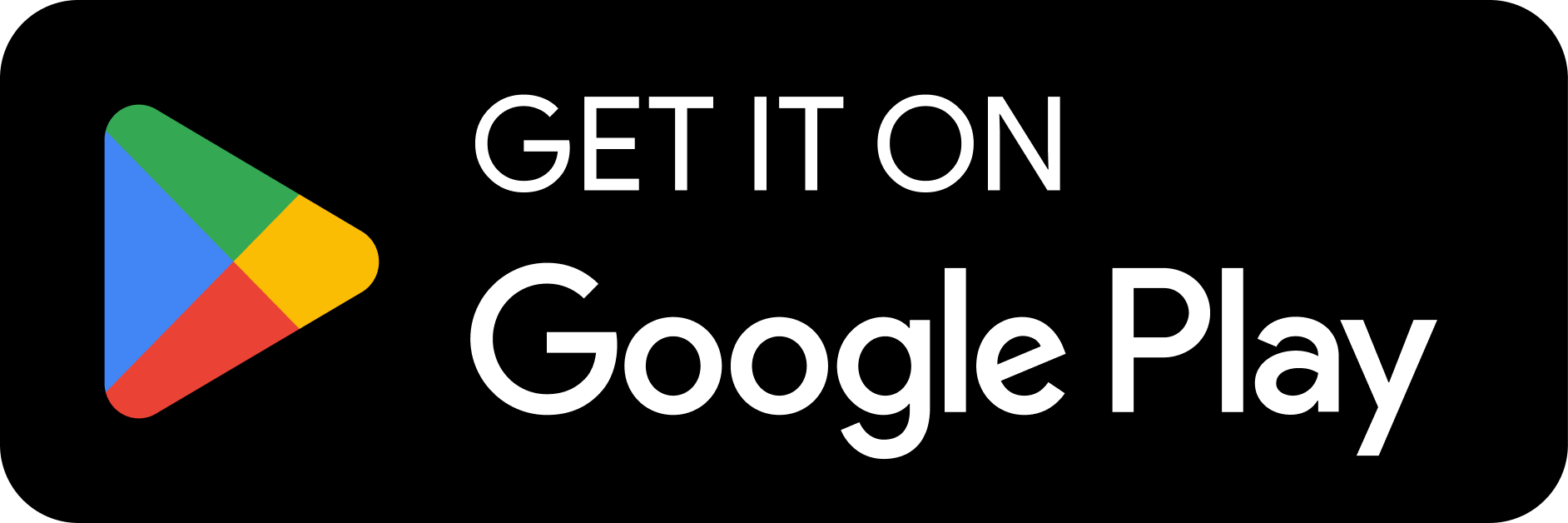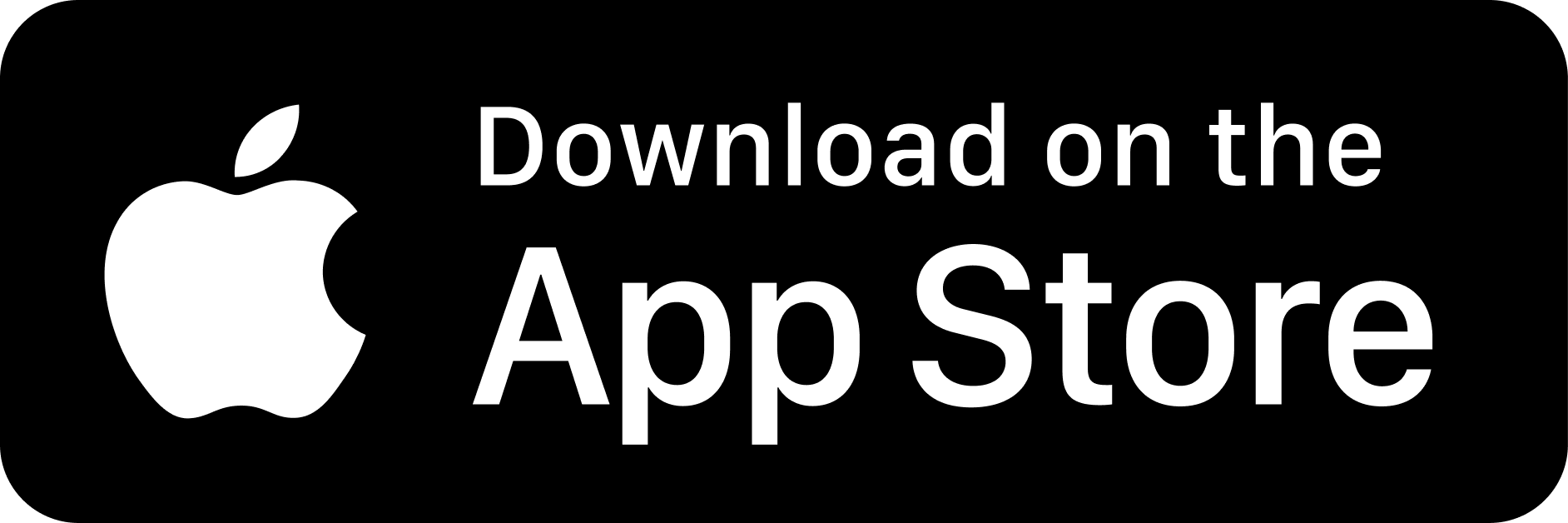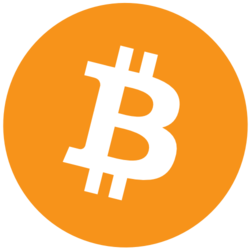Let’s look at two things that Bitcoin Knots users claim to be proponents of and champions for in their crusade against Bitcoin Core:
- Mining decentralization
- Bitcoin’s use as money
They claim to fight for mining decentralization, with OCEAN mining pool held out as a primary example of this. OCEAN’s DATUM protocol is ostensibly designed to further mining decentralization, specifically the actual template construction process that decides what transactions go into a block.
They also claim to fight for Bitcoin’s use as a monetary network, i.e. a network that facilitates the transmission of bitcoin in economics transactions, ensuring security for those transactions.
These are both incredibly important goals. Bitcoin’s mining network remaining decentralized is absolutely critical in order to maintain its censorship resistance. A clear majority of miners must exist and operate in a state free from the possibility of coercion from the state (or any other party) to engage in censorship. Without existing in this state, a simple majority of miners coerced in such a fashion would be capable of perpetually preventing any transaction from confirming in the blockchain, completely undermining Bitcoin’s core value proposition.
Scaling Bitcoin’s use as money is also incredibly important. The only mechanisms to transact with bitcoin in a censorship resistant fashion are ones that are truly anchored to the blockchain itself in a manner where the end user can on their own enforce ownership of their current balance of bitcoin.
Both of these things are absolutely necessary for Bitcoin to meaningfully contribute to any positive change in the world.
So let’s look at what they claim to stand for versus what they are actually doing.
Actions Versus Words
So firstly, developers have been working on a protocol called Stratum v2, a replacement for the current Stratum v1 protocol miners use to interact with mining pools. This has been a massive project, all completely open source, to allow individual miners to select transactions that are included in blocks themselves as opposed to the pool operator (the pool still controls payouts).
Block’s new Proto mining rig supports Stratum v2, Braiins Pool and DMND Pool have integrated support.
What did OCEAN (run by the largest Knots supporters) do to support Stratum v2? Nothing. They created their own proprietary alternative DATUM (they have pledged to open source everything in future but have not yet done so). In both solutions the pool operator is capable of rejecting proposed blocks from individual miners, which would leave the miner continuing to do work they are not getting paid for. Stratum v2 supports immediately switching to another pool in such a case to ensure the miner continues getting paid, OCEAN does not. It simply defaults to solomining.
Given that it is not even open sourced yet, no other pool can adopt it. It is essentially a vendor lockin for OCEAN pool, who can still reject any template a miner proposes, with no way to trivially opt out if a miner’s block template is rejected and switch to another pool.
To top it off, the practice of filtering transactions slows down the propagation of blocks across the network. When a miner finds a block, they don’t relay the whole block, they relay the header with a compressed “list” of all the transactions in it for a node to reconstruct and verify the block with the transactions in their mempool. When nodes do not have those transactions, it takes longer for them to fetch them from peers, validate the block, and relay it onward.
This disproportionately hurts smaller miners. If a large pool has a block orphaned because of this, i.e. another miner finds a block before the other one propagates across the network, that larger miner has a very high chance of finding the next block building on their orphan, thus “saving it” to be included in the blockchain.
Smaller miners do not have those high odds of finding the next block in this situation. This disadvantages them, making the highest fee paying transactions something that could actually lose them money, as opposed to larger miners who will likely find the next block and not have their first one orphaned.
In multiple ways OCEAN (and Knots supporters) are actively harming mining decentralization while proclaiming themselves defenders of it.
Now let’s look at the use of Bitcoin as money. Ephemeral anchors are an optimization to make Lightning function more efficiently, for a deeper explanation of them you can read this, but the important point is they allow Lightning users to be much more efficient with fees they pay to close channels on-chain.
The latest release of Knots by default filters these transactions, and will not relay them across the network. When a Lightning user has to non-cooperatively close, they are doing so in order to protect their funds. Lightning implementations are all in different phases of shifting over to using them. Knots actively attempts to prevent these transactions relaying to miners.
How does that help advance the use of Bitcoin as money? Again, just like with mining decentralization, they act in a complete opposite manner than what they say. Citrea is yet another example, a Bitcoin Layer 2 designed to scale financial transactions. The Knots OP_RETURN filter will not relay the transactions needed to enforce correct operation of the Layer 2.
What They Do Matters, Not What They Say
Knots supporters proclaim themselves defenders of Bitcoin, here to ensure it remains a decentralized censorship resistant money. But their actions push towards the exact opposite goal.
The things they do to “champion” mining decentralization actually create dynamics that worsen its centralization.
While proclaiming Bitcoin is money, and defending its use as such their chief goal, the software they release and run actively undermines multiple Layer 2s whose entire purpose is to scale Bitcoin’s use as money.
They are literally fully engaged in a campaign with the end goal of preventing certain kinds of Bitcoin transactions from being made, while proclaiming themselves defenders of Bitcoin.
At the end of the day, this is an open network, and people can run whatever software they want to interact with that open network. That is a critical and important aspect of Bitcoin. This is not about software, this is about people.
This is about the stated goals, the stated values of people in this space, being the complete opposite of the actions they engage in. I hope that Bitcoiners are smart enough to eventually see the Orwellian newspeak that has been dominating the entire dispute around Bitcoin Core and Knots over the last few years.
“The party told you to reject the evidence of your eyes and ears. It was their final, most essential command.”





